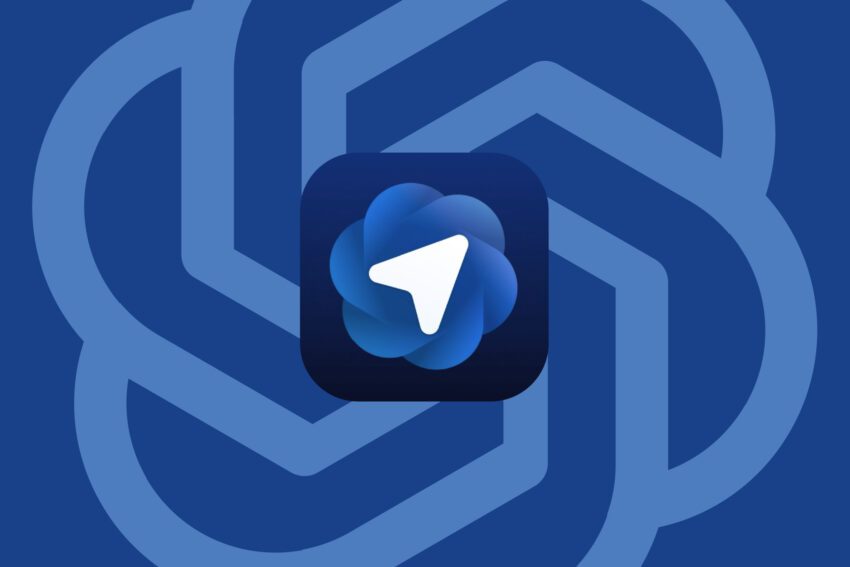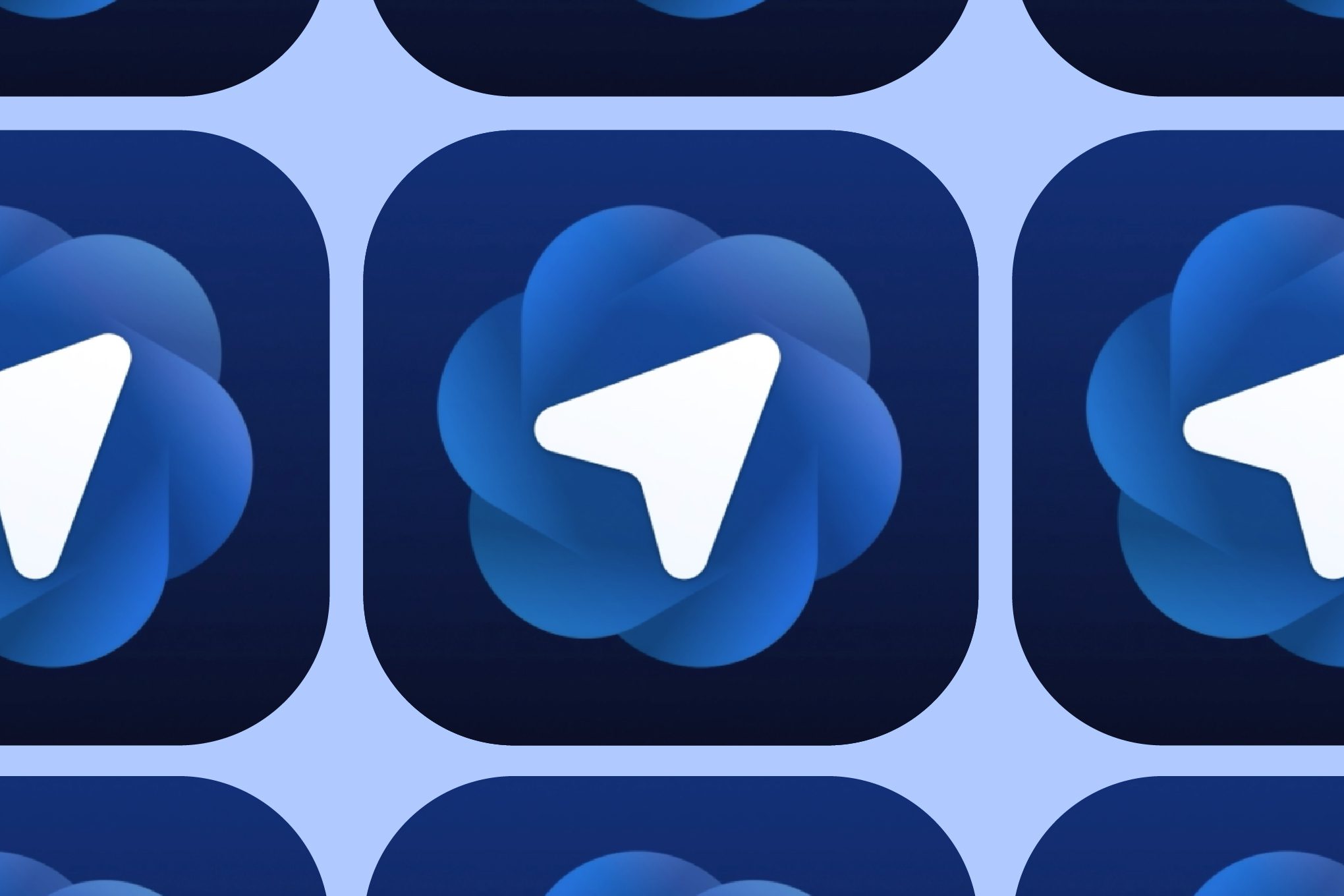
openai teases a string of updates for OpenAI has unveiled a series of updates for its newly launched AI-powered web browser, ChatGPT Atlas, aiming to enhance user experience and challenge established competitors like Google Chrome.
openai teases a string of updates for
Introduction to ChatGPT Atlas
Less than two days ago, OpenAI made headlines with the release of ChatGPT Atlas, an innovative web browser designed to leverage artificial intelligence in ways that could redefine online browsing. Adam Fry, the leader of the Atlas project, expressed the team’s commitment to continuous improvement, stating they are “heads down making it better.” The browser is positioned as a direct competitor to existing giants in the market, particularly Google Chrome, which has long dominated the web browsing landscape.
Upcoming Features and Enhancements
In a recent announcement on X, Fry teased a variety of new features that are set to roll out in the near future. These enhancements are part of a broader strategy to make ChatGPT Atlas not just a functional web browser but also a user-friendly platform that caters to the needs of its users.
Profiles and Customization
One of the most anticipated features is the introduction of user profiles. This functionality will allow users to create personalized browsing experiences tailored to their preferences. Profiles can be particularly useful for individuals who share devices or for those who want to separate their work and personal browsing activities. This feature aligns with trends in user customization that have become increasingly popular among modern browsers.
Tab Management and Ad Blocking
In addition to profiles, Fry mentioned that tab groups would soon be available. This feature will enable users to organize their tabs more efficiently, making it easier to manage multiple web pages simultaneously. An opt-in ad blocker is also on the way, which will provide users with the ability to browse without interruptions from advertisements. These features are common in many popular internet browsers, indicating that OpenAI is keen on adopting best practices while also innovating.
Quality of Life Upgrades
The list of enhancements also includes several quality-of-life upgrades aimed at improving overall usability. For instance, an overflow bookmarks menu will be introduced, allowing users to manage their bookmarks more effectively. Additionally, a list of shortcuts will enhance navigation, making it easier for users to access frequently visited sites and tools.
AI Features and Functionality
ChatGPT Atlas is not just about traditional browsing; it integrates advanced AI capabilities that set it apart from competitors. Fry highlighted several key improvements to the browser’s AI features, which are particularly relevant for ChatGPT Plus and Pro users who have access to the AI agent.
Enhanced AI Agent
The AI agent, which can perform actions on behalf of users, is set to receive significant upgrades. According to Fry, users can expect better response times, making interactions with the AI more fluid and efficient. A more reliable “pause” function will also be introduced, allowing users to halt the agent’s activities as needed. This feature is crucial for users who may want to take a moment to review the agent’s actions before proceeding.
Integration with Other Tools
Another notable enhancement is the improved integration with popular productivity tools such as Google Drive and cloud-based Excel. This integration will allow users to seamlessly interact with their documents and spreadsheets while browsing, thereby streamlining workflows. The ability to manage tasks and access files without switching between applications is a significant advantage for professionals who rely on these tools.
Ask ChatGPT Sidebar Improvements
The Ask ChatGPT sidebar, which integrates OpenAI’s flagship chatbot, is also undergoing enhancements. Fry indicated that the sidebar will become easier to use, allowing users to select different projects or AI models without navigating away from their current page. This improvement aims to create a more cohesive experience, enabling users to leverage AI assistance while remaining focused on their browsing tasks.
User Feedback and Community Engagement
OpenAI has emphasized the importance of user feedback in shaping the development of ChatGPT Atlas. Fry encouraged users to share their suggestions, indicating that the team is receptive to community input. This approach not only fosters a sense of collaboration but also helps OpenAI identify areas for improvement based on real user experiences.
Prototype Features and User Suggestions
In response to user feedback, Fry revealed that OpenAI is already working on a prototype feature that would allow users to directly copy and insert text from the Ask ChatGPT sidebar. This functionality would enhance the usability of the AI assistant, making it easier for users to incorporate AI-generated content into their work. Additionally, Fry acknowledged the suggestion for the browser to automatically reopen pinned tabs after a restart, a feature that many users find essential for maintaining their workflow.
Security and Compatibility Enhancements
As with any web browser, security is a paramount concern. Fry mentioned that the team is also focusing on specific improvements related to password management, particularly with the popular tool 1Password. While details on these enhancements remain unspecified, they underscore OpenAI’s commitment to ensuring that users can browse safely and securely.
Collaboration with Partners
Fry hinted at potential collaborations with partners to introduce additional features, although he refrained from providing specifics. This openness to partnerships suggests that OpenAI is looking to leverage external expertise to enhance the capabilities of ChatGPT Atlas further. Such collaborations could lead to innovative features that may not be possible through in-house development alone.
Implications for the Future of Browsing
The launch of ChatGPT Atlas and its subsequent updates signal a significant shift in the web browsing landscape. As OpenAI continues to refine its browser, it may challenge the dominance of established players like Google Chrome and Mozilla Firefox. The integration of AI into everyday browsing tasks could redefine how users interact with the internet, making it more intuitive and efficient.
Market Competition
The competition in the web browser market is fierce, with established giants continuously innovating to retain their user base. The introduction of AI-powered features in ChatGPT Atlas could attract users looking for a more personalized and efficient browsing experience. If successful, OpenAI could carve out a substantial niche in the market, appealing to both casual users and professionals alike.
User Adoption and Experience
For ChatGPT Atlas to succeed, user adoption will be critical. The enhancements being rolled out are designed to create a compelling user experience, but the ultimate test will be how users respond to these changes. OpenAI’s focus on community engagement and feedback will play a vital role in shaping the browser’s future direction and ensuring it meets user needs.
Conclusion
OpenAI’s ChatGPT Atlas represents a bold step into the future of web browsing, combining AI capabilities with user-friendly features. As the company rolls out updates and enhancements, it aims to create a browser that not only competes with existing options but also sets new standards for what users can expect from their online experiences. The coming weeks will be crucial as OpenAI implements these changes and continues to engage with its user community.
Source: Original report
Was this helpful?
Last Modified: October 23, 2025 at 4:37 pm
3 views















